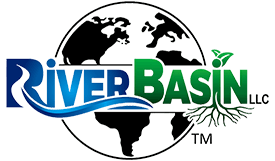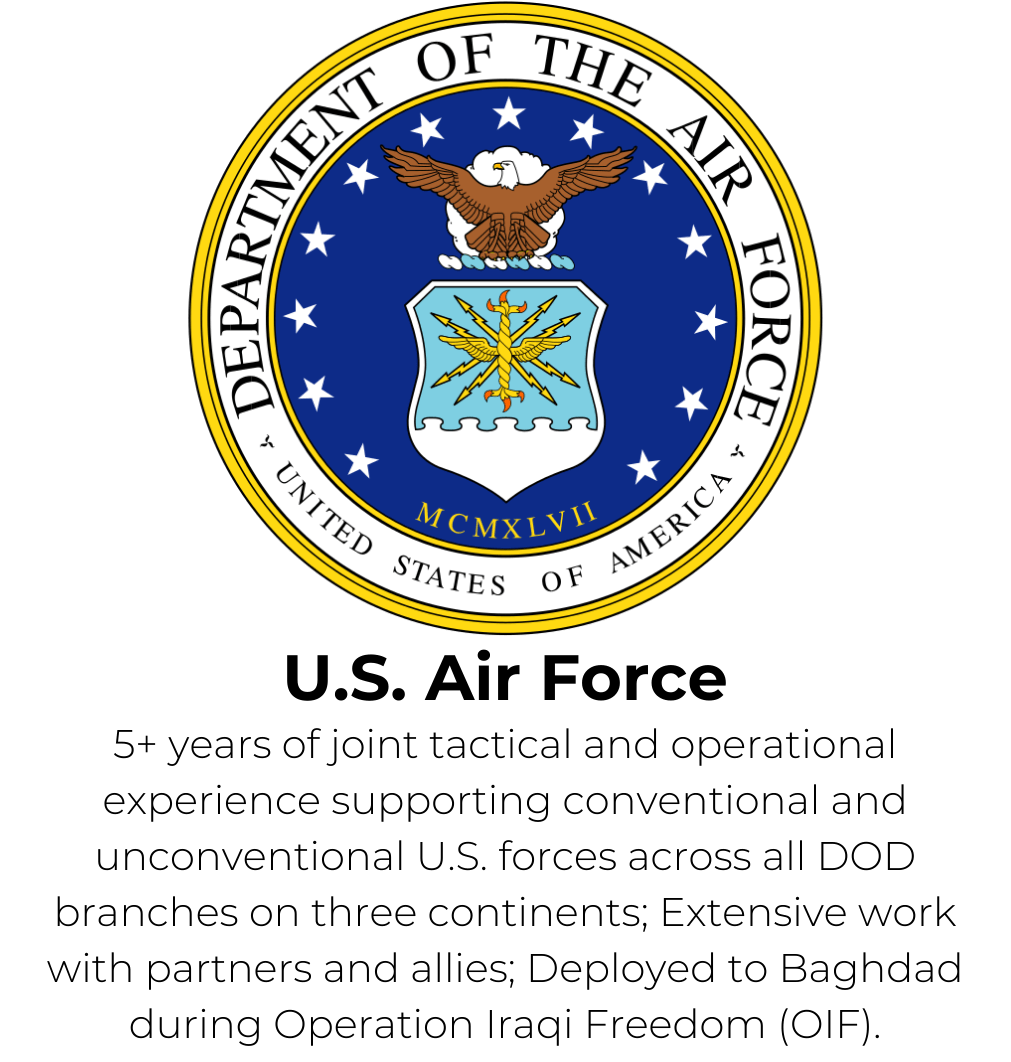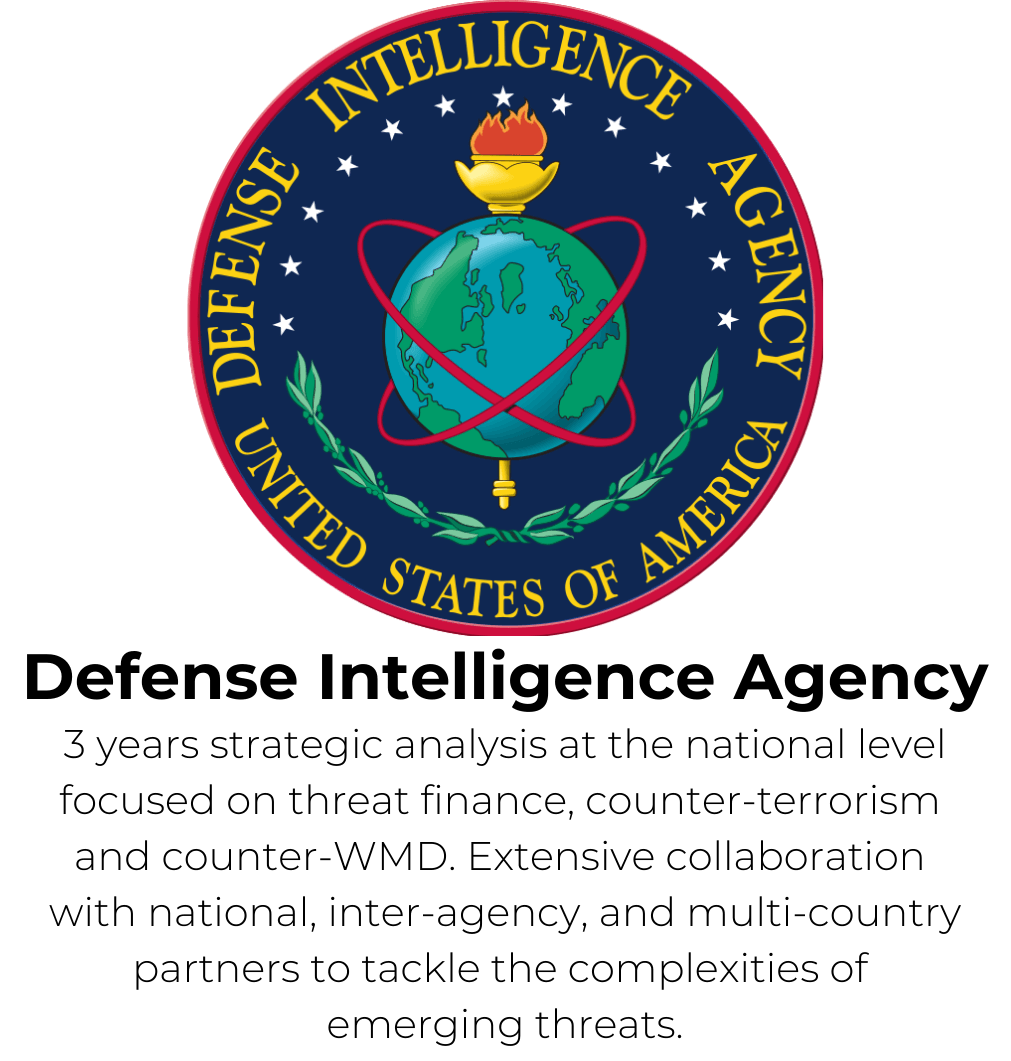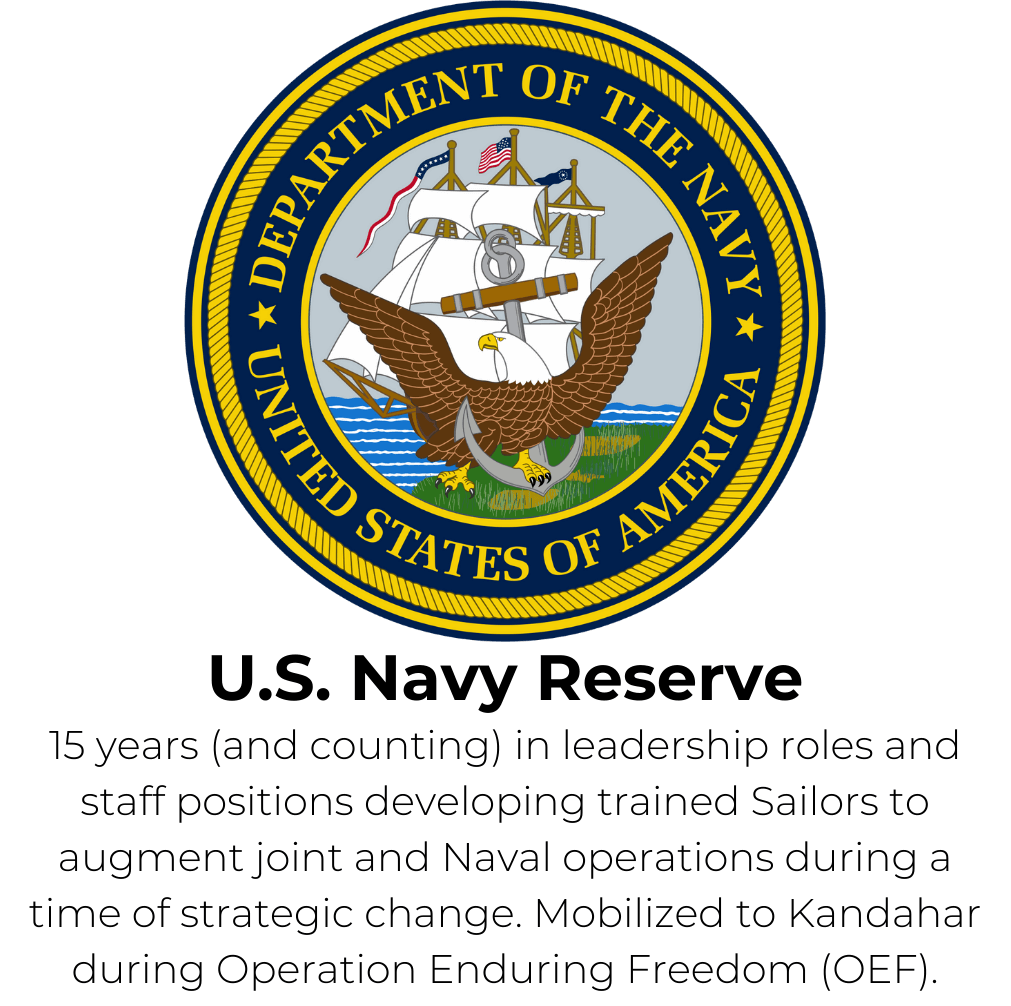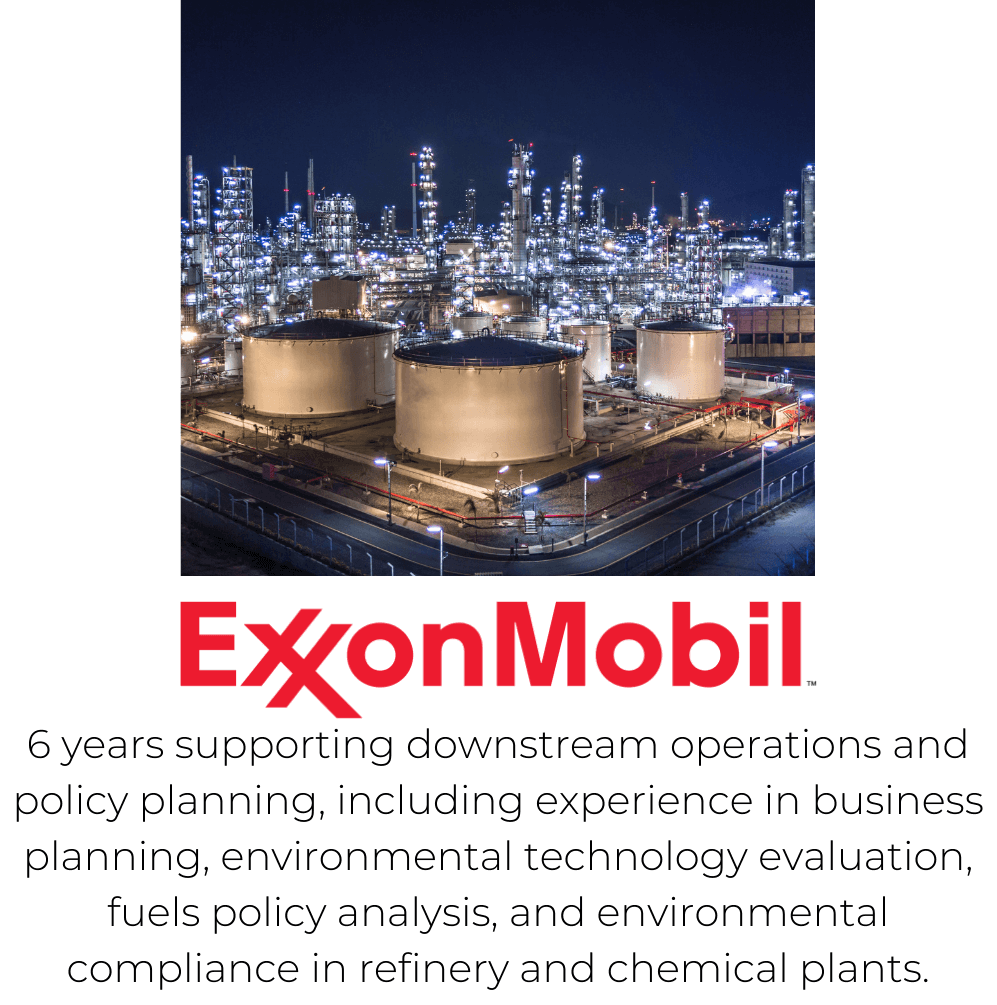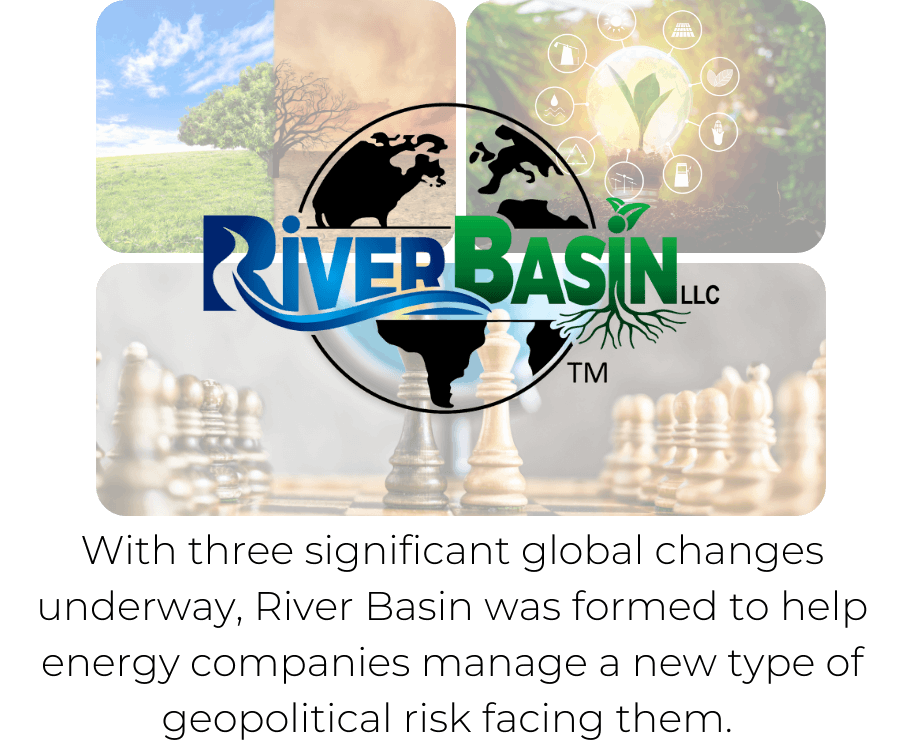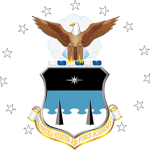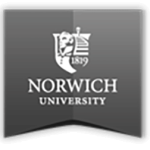About
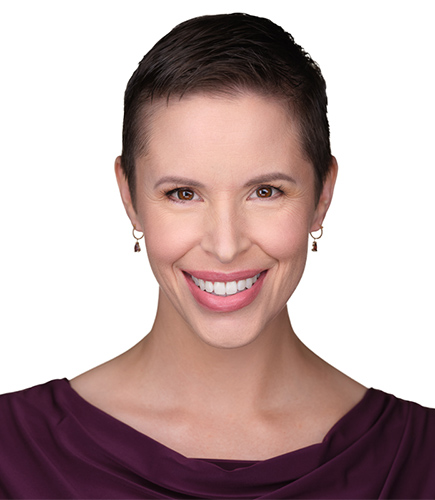
I was born in Louisiana. After high school, I wanted to serve as a military intelligence officer and attend college. The ideal way to achieve my goal was to attend a military academy. After the two-year process, I was fortunate enough to receive an appointment and nomination to attend the U.S. Air Force Academy and the U.S. Naval Academy. I have a strong preference for mountains over the ocean, so I chose the Air Force Academy (USAFA) because it is nestled against the front range of the Rockies. This was the best decision I’ve made, and I’m convinced I would not have done well at a “normal” college.
Military Experience
I had no idea what I was getting into when I showed up at basic training in 1998. To say it was a rocky transition would be an understatement. Along with my fellow classmates, I learned about teamwork, time management, sleep deprivation, respect, and sacrifice. I internalized the Air Force core values of integrity, excellence, and service. With a passion for the earth, I decided to major in geography with a focus on Africa.
I was a senior when 9/11 happened and that was around the time we were waiting to learn our “career fields.” I still wanted to be an intelligence officer and was fortunate to receive one of the few quotas.
After graduating from USAFA, I served as an active-duty intelligence officer in the Air Force for about five and a half years. During that time, I worked for caring leaders, supported different types of operators, attended world class training, worked with coalition partners from numerous countries, deployed to Iraq, traveled throughout the Middle East, and honed my tradecraft as an intelligence officer.
In my free time, I learned Swahili and pursued a second “career field” designation as a Sub-Saharan Africa Foreign Area Officer. During my active-duty time, I completed a master’s degree in diplomacy at night. My research papers focused on water conflicts in Africa. This research planted a seed that would surface several years later.
Joining the civilian workforce
My last active-duty assignment in Washington DC was the ideal intelligence officer job for me. I greatly enjoyed working in Washington DC in the heart of the intelligence community (IC). So, I separated from active-duty and continued my intelligence officer career as a civilian. I started as a contractor and helped build a nascent threat finance field, with a focus on the Taliban in Afghanistan. This work inspired the desire to deploy to Afghanistan and support the war in situ.
The contracting company could not support this deployment, so I pursued two alternate paths simultaneously – first, I started applying for Federal Government jobs in the IC (as an 0132), and second, I initiated an inter-service transfer to the US Navy Reserve intelligence program. At the time, the Navy reserve intel program was mobilizing tons of people to support the Global War of Terrorism and the mobilizations were for one year, which is the duration I wanted.
I was in Kandahar by June 2010 as part of the surge and at the height of US troop deployments. This was the longest year of my life and forced a level of self-reflection and prioritization not possible outside a war zone. Other combat veterans understand this.
Navigating a career change
While in Afghanistan, I decided it was time to change careers. I wanted to shift focus to the left on the conflict spectrum (in the military, we call this “left of bang”). Thus far, my career had focused primarily on conflict and post-conflict. I wanted to work in the pre-conflict space, on issues that help prevent conflict.
I decided to pursue a PhD in environmental engineering and had to convince top engineering programs to take a chance on a non-traditional student who didn’t have an engineering degree. I learned different ways to think during my PhD and they complemented the analytic approaches ingrained in me as an intelligence officer. Concurrently, I remained in the Navy reserve and was assigned to positions of increasing responsibility.
Working in the energy industry
After my PhD, ExxonMobil hired into the environmental engineering group, which supported downstream operations worldwide. It was a fantastic job and I worked with great people. This was the type of job I was hoping to get with my shiny new PhD. Unfortunately, it didn’t last long enough.
The Navy reserve mobilized me (10 USC 12302), and I went on military leave for a year. When I returned from the Navy mobilization, I started a new ExxonMobil assignment at the Baytown Refinery outside Houston. There, I learned several other aspects of the energy business. As much as I wanted to get back to environmental engineering, these roles at ExxonMobil taught me a life lesson.
What I learned is this – for as much as I wanted to focus on water and “be an engineer,” I had significantly more value to add to the organization than I would add as an engineer. As a Navy reserve intelligence officer, I had a separate set of well-developed skills unrelated to environmental engineering. Letting me “be an engineer” would be a gross under-use of my capability.
With the support of multiple leaders at ExxonMobil, I moved into a global policy role. I was a bit junior for the position, but it was an ideal fit and had enduring potential. This job hit the elusive Venn diagram of my skills, passions, and the organization’s requirements. I dove in and loved it.
Meanwhile, my Navy reserve career also continued. I was serving as the Commanding Officer of a Navy Reserve intelligence unit. In 2019, the national security scene was starting to grapple with the implications of increasingly aggressive behavior from President Putin (Russia) and Chairman Xi (People’s Republic of China). As a unit Commanding Officer, I was responsible for transforming my organization to orient against these growing threats. My parallel career paths would converge soon.
Pulling it all together
When my partner was offered a position in Boise, Idaho, I left ExxonMobil and started River Basin, LLC. I departed ExxonMobil knowing I could have a broader and more significant effect on energy security using my intelligence community experience working across the energy industry and outside any single company. Via River Basin, I employ my strongest capabilities and highest value to help industry clients in a way that supports their viability and our national security.
This work is “left of bang” and it has components from every part of my career journey. The energy transition is urgent, but people won’t be focused on it unless our energy security and national security are maintained. If we don’t successfully navigate the energy transition, we won’t be able to address climate change. It’s all connected and River Basin’s role is to help companies grapple with a geopolitical landscape they have not faced before.
